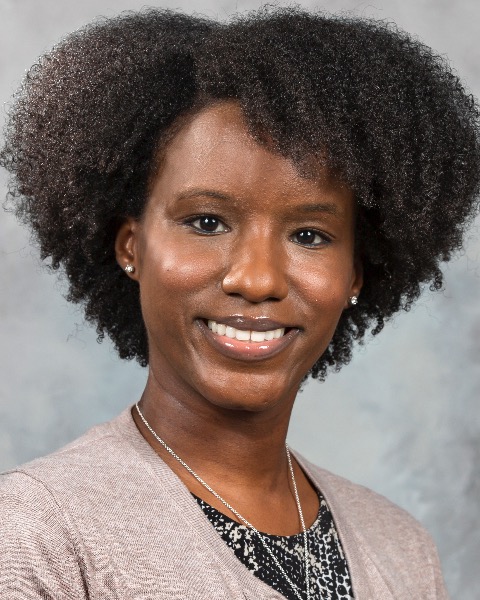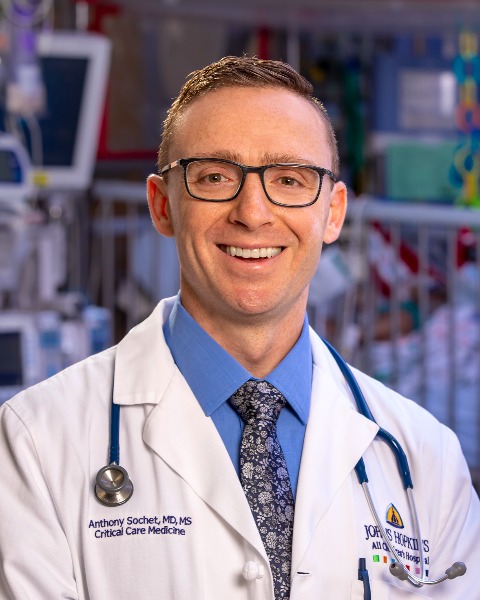Pediatric Critical Care Medicine Teleconsultation: A Qualitative Perceptions Analysis
-

Jjais Richards, MD
PCCM Fellow
Johns Hopkins All Childrens Hospital
St Petersburg, FloridaDisclosure information not submitted.
-

Anthony Sochet, MD, MS
Assistant Professor, Anesthesiology and Critical Care Medicine
Johns Hopkins All Childrens Hospital
St Petersburg, FloridaDisclosure information not submitted.
-
JH
Jessie Hoang, MD
Assistant Clinical Instructor
Florida State University College of Medicine, United StatesDisclosure information not submitted.
-
LB
Ladonna Bingham, MD
Assistant Professor, Anesthesia and Critical Care Medicine
Johns Hopkins All Children's Hospital, United StatesDisclosure information not submitted.
First Author(s)
Co-Author(s)
Title: Pediatric Critical Care Medicine Teleconsultation: A Qualitative Perceptions Analysis
Introduction: Nearly 15% of children in the United States live >41 miles from pediatric critical care medicine (PCCM) services. PCCM-teleconsultation (TC) may address potential healthcare access disparities. We sought to describe provider perceptions of PCCM-TC and determine if differences exist by specialty (PCCM vs. pediatric hospital medicine [PHM]).
Methods: We performed a prospective, mixed methods study from June - July 2021 via survey data from interdisciplinary clinicians from a quaternary pediatric referral center and a community-based referring facility. Primary outcomes included respondent characteristics, perceptions of PCCM-TC, and ranked diagnoses that may prompt future PCCM-TC. Our survey, adapted from the literature, collected non-parametric Likert scales, proportions, and free-text responses. Data extracted from an electronic data capture system was summated using Stata v15.1. Responses from PMH and PCCM providers were compared using Wilcoxon rank-sum and chi-square tests.
Results: Of 112 respondents, 44% were nurses, 26% physicians, 20% RTs, 4% pharmacists, and 4% advanced practice providers. Respondent specialties were 27% PCCM, 35% emergency medicine, 34% PHM, and 4% transport medicine. Only 26% reported prior telemedicine exposure and 6% PCCM-TC. Respondents felt they had the necessary skills and knowledge to manage critically ill children (77% - agree/strongly agree), with variation in confidence by specialty (93% PCCM vs. 75% PHM, p< 0.01). Respondents were positive regarding PCCM-TC utility (54% agree/strongly agree, 38% neutral) and reported PCCM-TC may enhance timely transfers or improve local management (60% agree/strongly agree, 32% neutral). If PCCM-TC were available, 32% of PHM respondents expected weekly to monthly use. Ranked diagnoses for PCCM-TC were: respiratory failure, asthma, bronchiolitis, seizures, diabetes, sepsis, and altered mentation. Diagnoses did not vary by respondent specialty or profession.
Conclusions: These data are the first to assess PCCM and PHM provider perceptions of PCCM-TC and are favorable regarding its utility and expected use if available. Common diagnoses suggested by both PHM and PCCM respondents may represent ideal simulation or didactic scenarios for PCCM-TC training geared towards optimizing consultant performance and end-user experience.
